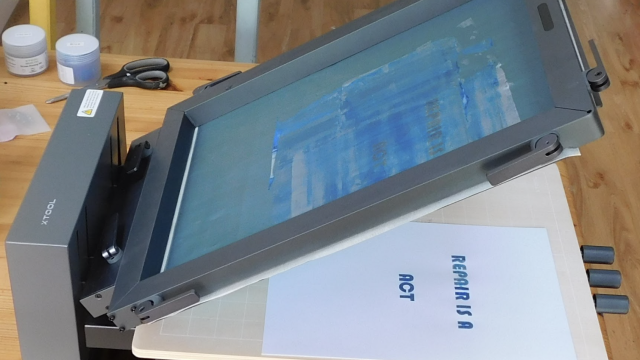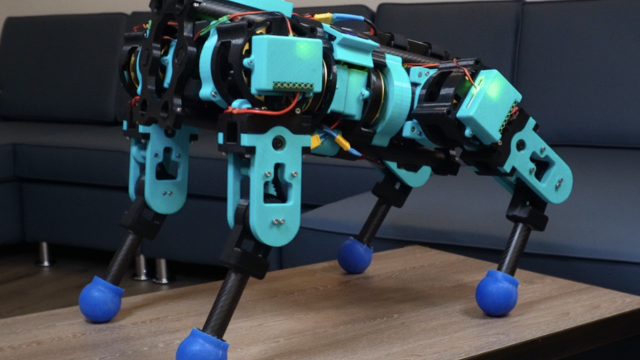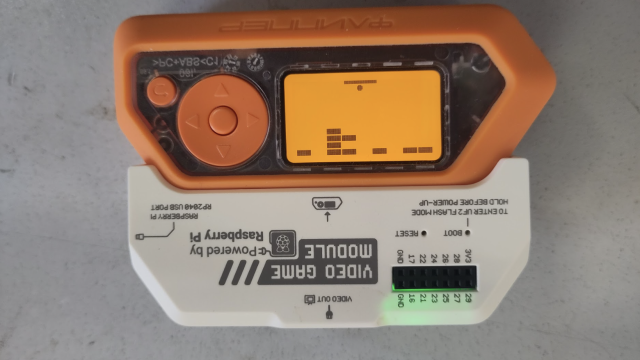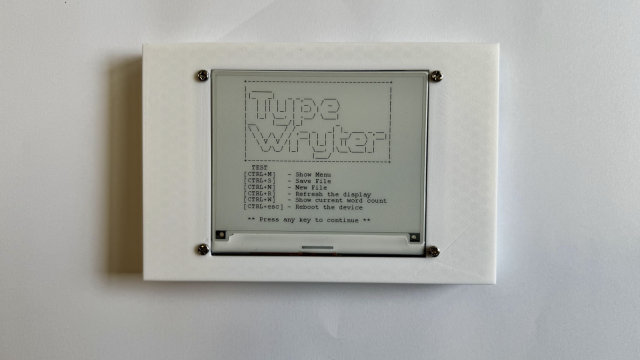My intro line goes something like: “Hello, I am Lucy. I make fun, one- off things that solve problems.” And then I listen.
I had not been to any kind of theme park for over twenty years when I was asked by the owner of one to hack his robot dinosaurs. My musical skills stalled, aged ten, when I gave up playing the recorder, but a musician in a comedy band wanted help with a prop. I own a total of two frocks, and a dressmaker asked for help to market her bespoke products.
I would never have guessed that these were problems anyone had. And yet I find there are quirky problems everywhere. Problems that people have been searching for a solution to for years. The sort of problems I love.
Ideas bounce off ideas. I look at what others are making. But I also listen to what stories are being told, what is happening in the news, what people are talking about:
“I want my shoes to massage my feet when I have walked a long way” resulted in a sentiment analysis massage pillow.
“I used an e-cig to make smoke for a laser gun” resulted in desktop fire crackers.
Some ideas are happy coincidences – the fartometer I made started out as a carbon dioxide sensor. Until… the cat farted near it.
If I am having trouble finding inspiration, I use tools such as inventotron-3000.com. I am looking forward to making the time to construct a bicycle that squirts a laminar flow water jet, infused with rainbow LEDs from the front basket to the back pannier.
To help overcome creative blocks, I find ‘Oblique Strategies’, by Brian Eno and Peter Schmidt, useful. These offer challenging constraints and encourage lateral thinking.
Some projects are worth doing. Others not so much. Tools such as catwigs.org can help you decide if your project is as useful as antibiotics, as a garage door remote, or indeed, as a cat wig.
Where’s your next idea going to come from?







